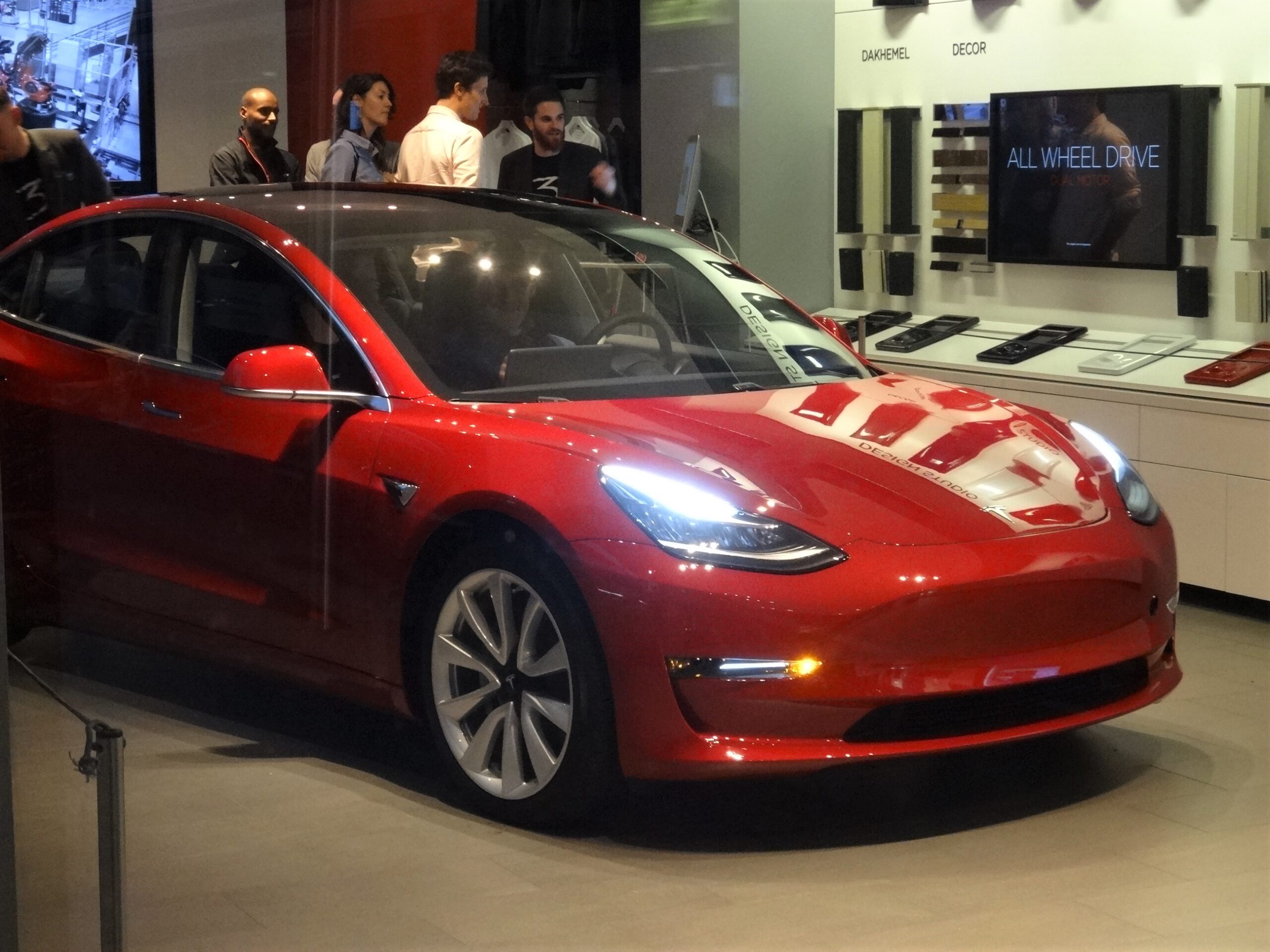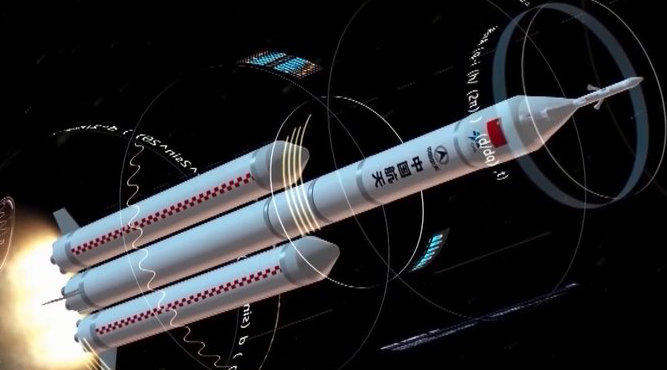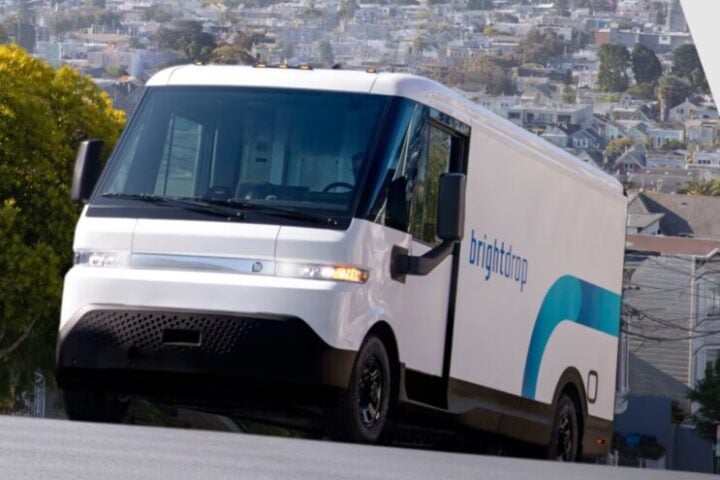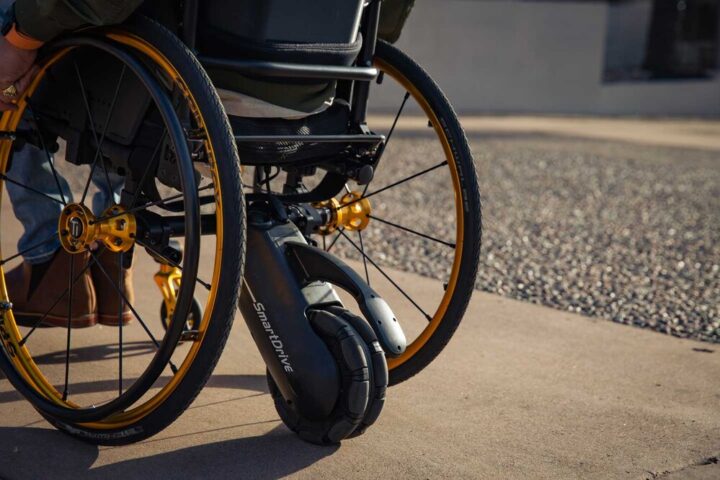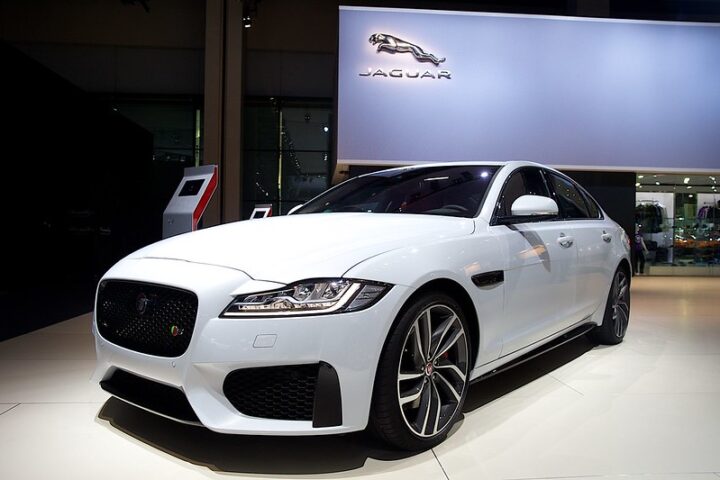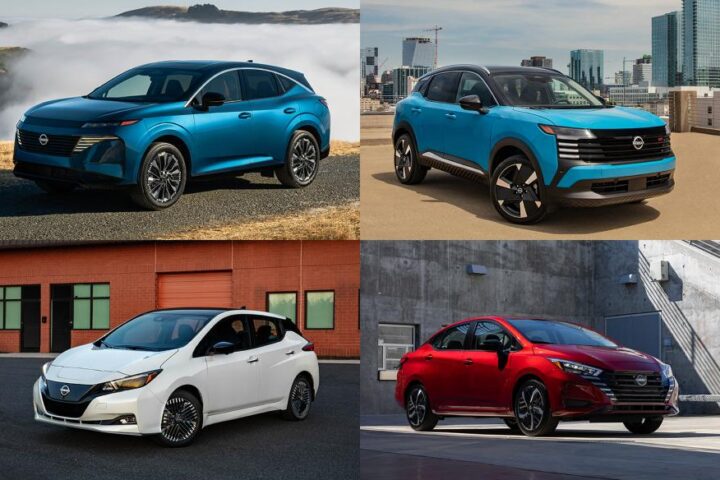The planned import tariffs in Europe on electric cars from Chinese production are expected to have varying impacts depending on the manufacturer. While US manufacturer Tesla announced that prices for the China-produced Model 3 are likely to increase, manufacturers like Volvo and Polestar mentioned new production facilities for electric vehicles in Europe, the USA, and Korea in response to inquiries from Golem.de. German manufacturers like BMW sell more Chinese-made electric cars in Germany than providers like BYD or Nio.
On June 12, 2024, the EU Commission announced plans to increase import tariffs on Chinese electric cars up to 38.1 percent, affecting not only Chinese manufacturers like BYD, Nio, Great Wall Motor, Geely, or SAIC, but also European or US automakers like VW, BMW, and Tesla importing cars produced in China to Europe. BYD vehicles will face a tariff of 17.4 percent, Geely 20 percent, and SAIC 38.1 percent. For other manufacturers cooperating with the Commission’s investigation, a weighted average tariff of 21 percent is proposed, including BMW. Products from non-cooperating companies could face a 38.1 percent tariff. Tesla, however, is not included in the provisional list (PDF).
China plans to file a complaint with the WTO and stated that it would take all necessary measures to vigorously defend the legitimate rights and interests of Chinese enterprises, according to a spokesperson from the Chinese Ministry of Commerce.
Similar Posts
Tesla already posted a notice on the Model 3 webpage that they expect to Model 3 prices to increase starting July 1, 2024. This is due to additional import tariffs likely to be imposed on all electric vehicles manufactured in China and sold in the EU. The EU Commission mentioned that Tesla had submitted a reasoned request, potentially allowing for a company-specific tariff rate to be set during the final factual inquiry.
In response to inquiries, Nio also stated, that they strongly oppose the use of increased tariffs as a strategy to obstruct normal global trade in electric vehicles. This approach hinders rather than promotes global environmental protection, emissions reduction, and sustainable development. Nonetheless, Nio remains steadfast in its commitment to the European market.
Volvo, which belongs to the Chinese conglomerate Geely, sees fewer issues in comparison.
